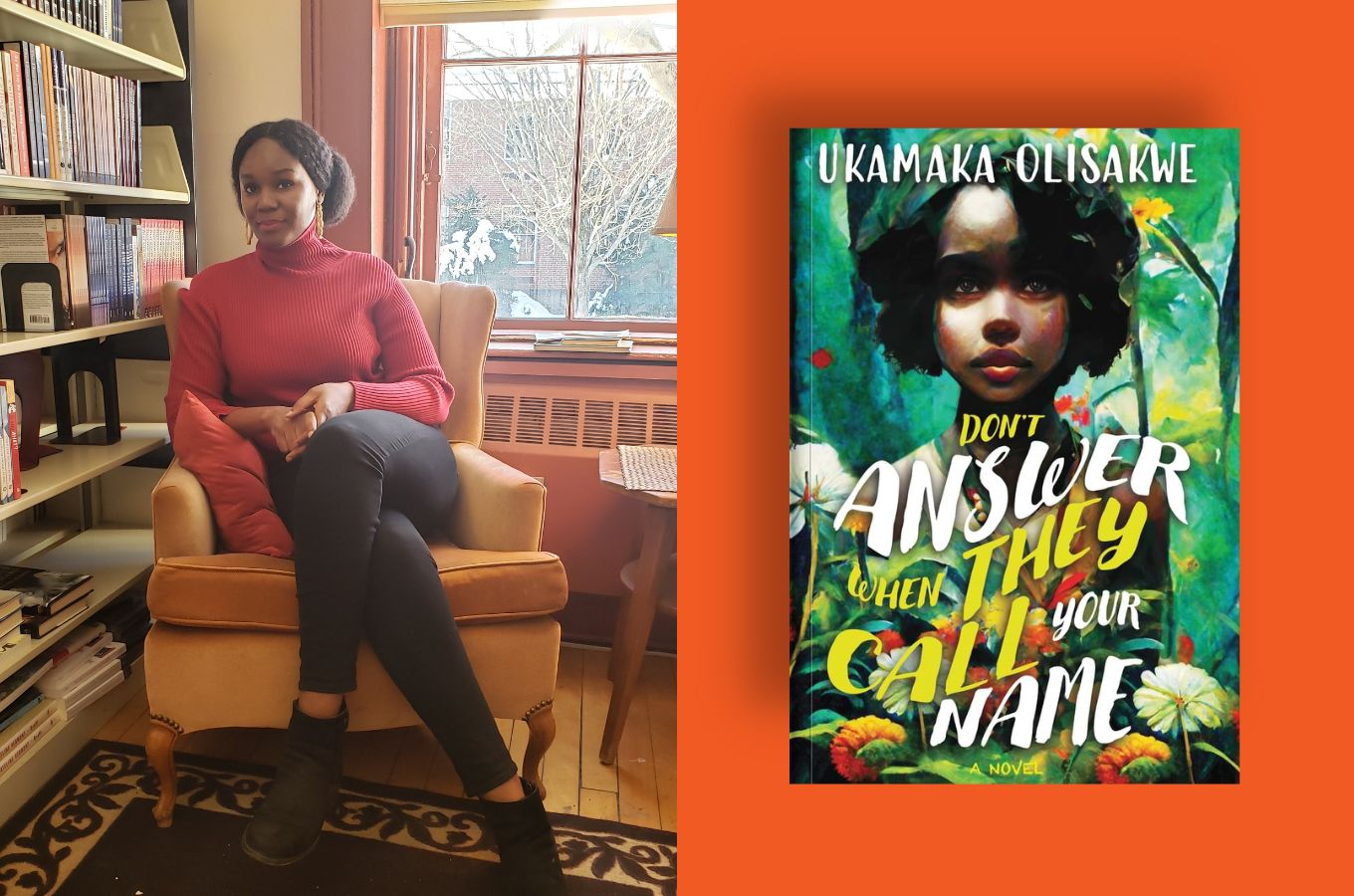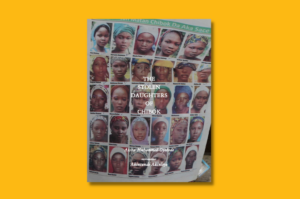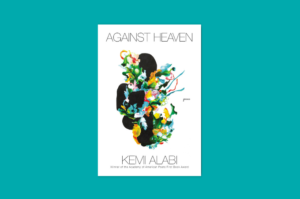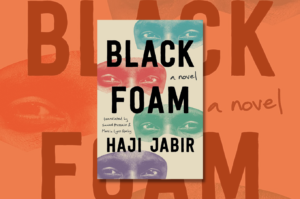
Don’t Answer When They Call Your Name, a fantasy novel published by Masobe Books in April 24, explores Igbo mythology. It tells the story of a young girl named Adanne who was chosen as the Aja, a child designated by the Oracle to go into the evil forest, as an atonement to the deity for a sin committed several years ago.
“Don’t Answer When They Call Your Name gives us a lot to think about regarding misogyny. Take for example the characters of Big Father and Mother. First, it was Mother’s father refusing to give her a yam farm because she’s a woman and telling her only a marriage guarantees she’ll own a yam farm. She got married to Big Father thinking he’d give her a yam farm but unfortunately for her, that didn’t happen due to the belief that women shouldn’t have yam farms. However, Big Father agreed to give her one on the agreement that she’ll bear him male children. Even after Mother upheld her end of the bargain, Big Father kept shifting the goalposts, leading Mother to take drastic actions out of frustration. When she destroyed Big Father’s farms in retaliation, he responded with violence, leading to a cascade of tragic events in Adanna’s village. Yet, in a society reluctant to hold men accountable, Mother was painted as the villain.
The novel isn’t only about difficult experiences. There are moments of warmth and tenderness. Olisakwe’s depiction of the bond between Adanne and her dog, Obi, stands out. Obi was more than just a typical pet to Adanne; their bond resembled that of siblings, which provided Adanne solace during her time in the forest. There aren’t that many pets in Nigerian literature, so it is important that Olisakwe makes space for such an intimate bond. Honestly, I was expecting a really scary adventure but to my surprise, all of the people or creatures Adanne encountered in her journey were gentle. I appreciate the fact that Olisakwe presents a forest that is not too scary. There is a tradition of forest stories in African literature where forests are often depicted as deeply violent places. A good example is Amos Tutuola’s Palmwine Drinkard and My Life in the Bush of Ghosts. In these stories, the forest is world literary trying to kill the protagonist depicted in graphic scenes of violence. The world of the forest in Don’t Answer When They Call Your Name feels and looks different. For example (and I know it is an odd detail to draw attention to), but Adanne eats in the forest and nothing happens to her, a deviation from the believe that accepting food in a forest would often lead to something negative. It’s high time we moved away from the stereotype of portraying African forests as evil! It’s funny, but if I were to ascribe a color to the forest based on this novel, it would be pink—reflecting the image in my head while I read the book and capturing the essence of Adanne’s adventures.
Ukamaka’s Don’t Answer When They Call Your Name was a thrilling yet light and beautiful read. There is suspense, but there is also charm. Readers will find a book that gives age-old tales a fresh news and captivating look.
***
Buy Ukamaka Olisakwe’s Don’t Answer When They Call Your Name: RovingHeights | BookNook









COMMENTS -
Reader Interactions